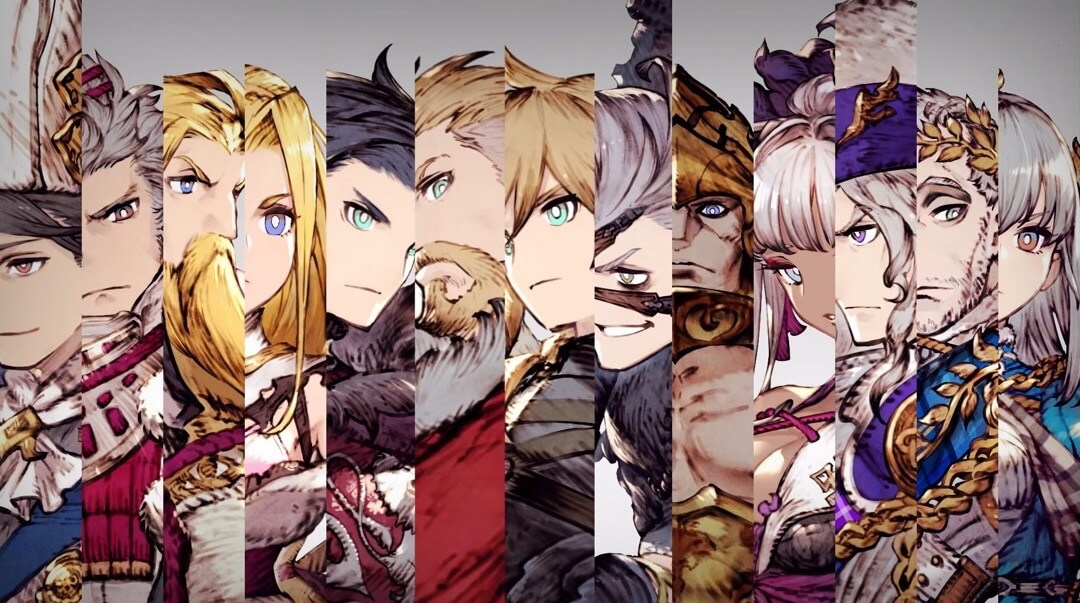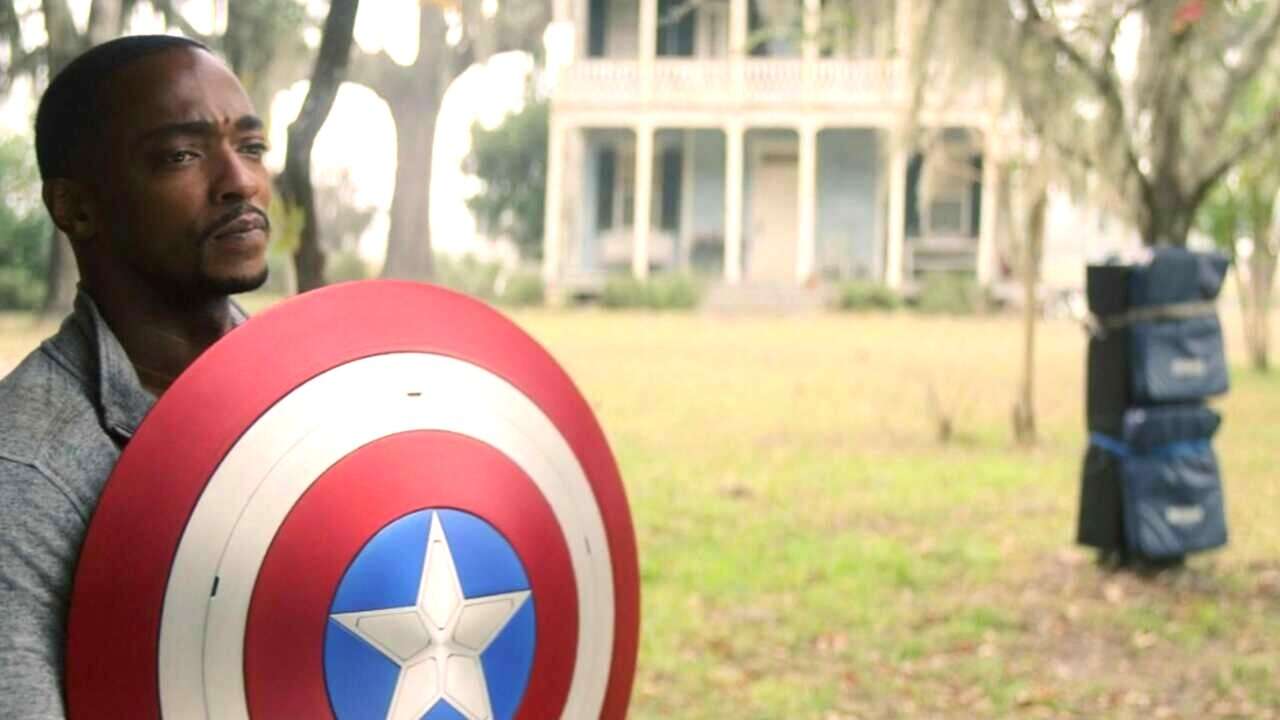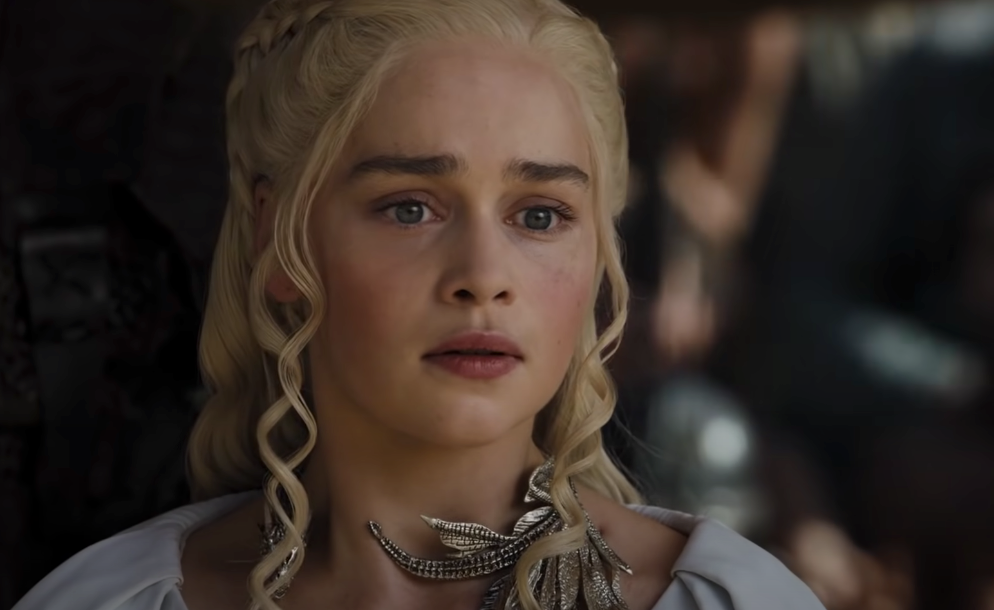Note: This article is filled with spoilers for Obi-Wan Kenobi, particularly “Part V.” Read on at your own risk.
There was a point during the early episodes of Obi-Wan Kenobi that it really seemed like the show might be poised to address some deep, painful aspects of the Jedi mentor’s character. We know that Obi-Wan spent some 19 years hanging out on Tatooine, ostensibly watching over a young Luke, planning for the day when the children of Anakin Skywalker might be ready to take on the emperor who corrupted their father. In the intervening time, however, it makes sense that Obi-Wan would have some stuff to work through, thanks to the fact that his failure as a Jedi and teacher allowed fascist monsters to rise to power in the galaxy. The show started with a very interesting twist, however: Obi-Wan didn’t know that Anakin was still alive.
The idea that Obi-Wan thought he’d killed his best friend back in Revenge of the Sith, only to discover that, no, not only did Anakin live, but he’d become a twisted authoritarian monster, is a great one for developing Obi-Wan as a person. By the time we meet him in the original Star Wars trilogy, his attitude has adjusted to beleaguered acceptance. But Obi-Wan Kenobi had an opportunity to explore his journey to that point, the feelings he wrestled with along the way, and his actual mental state upon confronting his friend that last time in A New Hope. There’s a whole lot you can read into Obi-Wan’s decision to sacrifice himself to Darth Vader’s lightsaber aboard the Death Star, and Obi-Wan Kenobi could have helped to explore those nuances.
The same is true with the story’s most recent revelation with Reva, the brutal Imperial Inquisitor hunting Obi-Wan throughout the show. We learn in “Part V” that Reva’s ambitious climb through the ranks of the Inquisitors is actually a means to an end: She wants to get close to Vader in order to kill him. Reva was one of the young padawans at the Jedi academy when Anakin stormed it in Revenge of the Sith. She watched the Jedi’s greatest war hero murder her friends. She’s filled with rage and seeking vengeance and capturing Obi-Wan is the ladder she means to use to reach Vader and exact her revenge.

Rather than telling Obi-Wan that Darth Vader survived their duel at Mustafar, the show could have held back that information from its protagonist, making its impact much greater later on.
Both of these twists, however, feel like they’ve left a lot on the table in terms of the characters they’re meant to serve. Obi-Wan found out about Vader in only the second episode, and he’s done almost nothing with that information–largely because he’s spent most of the rest of the show chasing after Leia in one way or another. Reva, on the other hand, revealed her actual backstory in Part V, instantly recontextualizing all of her actions throughout the series. But rather than giving us another angle on what Reva has tried to accomplish, the revelation makes some of her past actions seem nonsensical, and her decision to release Obi-Wan in the fifth episode doesn’t really track at all.
These two twists are great ideas for both Obi-Wan and Reva, but the way they’ve been deployed feels like they undercut what could have been some powerful character development. In fact, their timing and placement should have been reversed: we should have learned about Reva’s backstory early in the series, while Obi-Wan should have learned of Darth Vader’s survival much later.
Instead of revealing to Obi-Wan early that Anakin lives, the show could have left Obi-Wan operating without the knowledge of Vader’s existence, while the audience knows that he lurks in the shadows and even sees him leading the Inquisitors hunting the Jedi. That would have been a powerful dramatic irony, giving the show time to deal with Obi-Wan’s feelings about what happened in Revenge of the Sith and culminating in Vader confronting Obi-Wan in a devastating moment. After grappling with his sadness, suddenly we have a horrified Obi-Wan facing his friend and his failure all at once. It would even recall a similar beat from the original trilogy, when Vader reveals he’s Luke’s father in The Empire Strikes Back. That twist had a huge impact on audiences in 1980, and here, Obi-Wan Kenobi could have used a similar idea in a reverse fashion, forcing us to watch Obi-Wan deal with the full impact of a moment that we all know is coming.
Instead, Vader has popped up like a slasher movie villain, striding murderfully through scenes while the other characters constantly manage to escape him, if only just barely. And we’ve seen very little of what emotional toll facing his friend is having on Obi-Wan–which, one assumes, is the whole point of this show existing in the first place.

Letting the audience know that Darth Vader is waiting in the wings, while keeping that information from Obi-Wan, could have let the show focus on how the character is dealing with the aftermath of Revenge of the Sith.
While Obi-Wan Kenobi should have held back Vader’s existence from Obi-Wan, the revelation of Reva’s past is something the show should have divulged to audiences early. The Inquisitor’s journey to take down Obi-Wan by any means necessary gains a powerful emotional resonance when you know that it’s part of her lifelong revenge trip against Vader himself. It also gives the audience the chance to view all of her actions through two lenses. Reva’s personal anguish and drive for vengeance has pushed her into a position of great power. The show could have added a lot to her character by showing what her quest for revenge has cost her, as well as what she’s gained by it, and how that might make following through on killing Vader personally difficult. Do you still want to kill your evil boss when serving him has gained you incredible power and authority? How do the desires for revenge and power compete, and does Reva find her actions split between serving them? These are nuanced, fascinating character questions the show could have addressed, but by holding back Reva’s backstory for a twist, it misses the opportunity.
What’s more, giving viewers more information about Reva could have presented something that Star Wars sorely needs: a more nuanced look at the Dark Side of the Force. In Reva, we have something of a unique character in the live-action annals of Star Wars history (and for the sake of this discussion, we’ll stick with movies and TV shows, since they’re the Star Wars content that most people are aware of). She’s a character who has turned to the Dark Side specifically as a means of getting her revenge and killing one of the worst people in the galaxy. She is, in a very real way, a person using the Dark Side to try to do something good, and the show could have used that fact to inform how Reva acts in the world and how she sees herself. It’s an opportunity to deepen the ideas that were at the heart of the prequel trilogy and Anakin Skywalker’s character in general–Anakin was a man who thought authoritarianism could be used to keep people safe, and his fall to the Dark Side was all about using the ends to justify the means.
For Reva, the ends of killing Vader justify the means of hurting anyone you must along the way; her revenge is all-consuming. Providing us with information about her backstory makes it possible to present the ways she justifies her pursuit of her goal, to show how her rage corrupts her, and to present possible conflict in the way she goes about her goals. Instead, Reva has mostly come off as just a super-evil Dark Side user throughout the show–and now she’s a super-evil Dark Side user with a tragic backstory.
And if both Obi-Wan and Reva’s twists had been handled differently, we could have gotten more out of the character of Darth Vader. One of the more interesting ideas of Episode 5 is that, when Reva makes her play for Vader, he’s ready for her. In fact, he says, he knew all along that he and Reva have a past. I think this episode is a bit convoluted in its presentation, but my read on the episode is that the duel flashback between Obi-Wan and Anakin is meant to inform the fact that Vader was ready for Reva because of what he learned from Obi-Wan: to avoid becoming single-minded about victory in order to see other possibilities and threats. The idea is that Vader has become much more cunning and frightening than he was as Anakin; he’s much more the scheming, longview-taking villain of the original trilogy, as opposed to the Force rage monster we see at the end of Return of the Sith.

Letting the audience in on Reva’s plan to kill Vader could have given us a deeper look at both Reva and Vader when he reveals that he was on to her all along.
But the Reva twist undermines this element of Vader, too. If we’d been watching Reva navigate interactions with the Dark Lord of the Sith throughout the show, knowing that she was negotiating for a chance at her revenge, Vader’s revelation that he was on to her all along would have been much more powerful. It could be used as a means of presenting the fact that Vader was using Reva just as much as she was using him. And it would give an angle on Vader we haven’t seen much of in the live-action material–a man who, having lost everything, has settled into a simmering, calculating darkness to accomplish his goals. OG Vader was always scariest when he was unpredictable, when he was choking admirals to death without raising his voice, and this moment could have built into that mythos.
It’s a shame, because Obi-Wan Kenobi clearly has some interesting ideas about its characters, it just doesn’t seem all that intent on really addressing them. In the case of both twists–Obi-Wan learning about Anakin’s survival, and Reva revealing that she was on a mission to kill Vader–those moments felt deployed for a momentary emotional spike, to the detriment of the characters involved.
Source: Gamespot





















